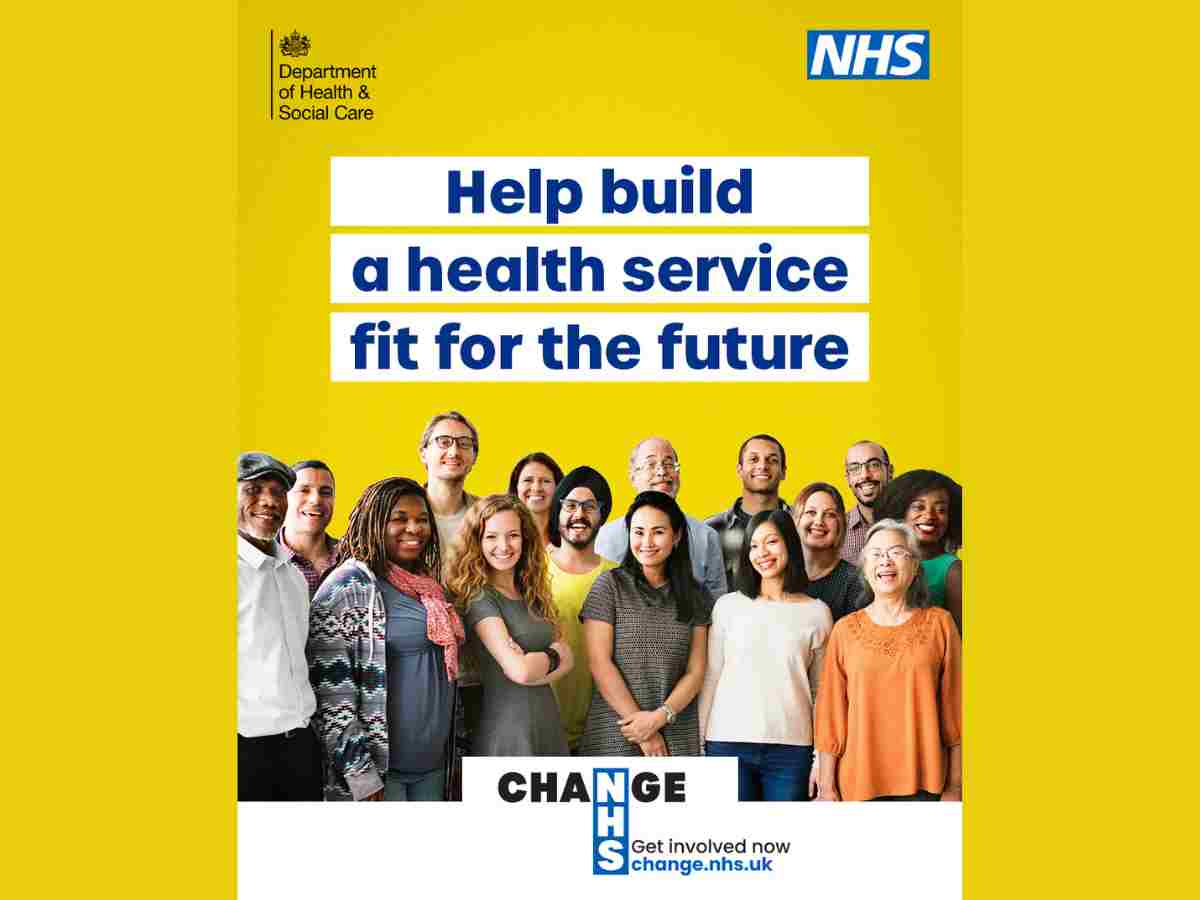The new Labour Party government has recently launched an NHS public consultation – to mixed responses. The Canary’s Dr Julia Grace Patterson approached it with caution, while some other media outlets have widely derided it. However, as always it’s people who use the NHS the most – chronically ill and disabled people – who have been left with a highly inaccessible process by Labour.
The NHS public consultation is long and over-bearing, with more than 25 questions. If, like many chronically ill people, you live for example with cognitive impairment, then it may be hard to complete.
So, the Canary has stepped in to try and make the process easier. It is crucial that some of the most marginalised people’s voices are heard – and heard loudly. You can get involved on social media, too. Share your responses to the NHS public consultation using #ChangeNHSForME.
The NHS public consultation: not exactly accessible
Our writer Nicola Jeffery is also a chronically ill and disabled person. She lives with myalgic encephalomyelitis (ME/CFS), Ehlers-Danlos syndrome (EDS), postural orthostatic tachycardia syndrome (PoTS), gastroparesis, dumping syndrome, epilepsy, and craniocervical and atlantoaxial instabilities (CCI and AAI). Quite a mouthful, we know.
However, she understands the challenges faced by chronically ill people trying to access the NHS. Specifically, this is when the NHS does not properly treat, or even recognise, certain conditions – like many of the ones she lives with.
So, Nicola has designed a template set of answers to the NHS public consultation from the point of view of several of her own chronic illnesses. You can add or expand on what she’s put – or just copy and paste into the questionnaire. There are several questions you will have to fill out yourself.
You can access the NHS public consultation here.
Below are the template answers. At the bottom is a pdf of the full questionnaire. So, you can see what’s needed and where the answers fit in.
Questions one-nine
Q1: the answer is up to you.
Q2: answer each as follows: 1) “The continued privatisation of and selling off of services within the NHS”; 2) “The introduction of assisted dying, which potentially may extend to chronically ill and disabled people, after years of cuts to services”; 3) “The continued psychologisation of chronic illnesses like ME/CFS, EDS, fibromyalgia, long Covid, PoTS, epilepsy, etc”.
Q3: tick any that apply to you, and then in “other” you could add the following “The complete dismissal of post-viral chronic illnesses like long Covid and ME/CFS, their recognised co-morbidities, and potential support and treatment”.
Q4: select two, and then in “other” you could add “The implementation of protocols for care and treatment of post viral and other chronic illnesses like long Covid, ME/CFS, EDS, PoTS, avoidant restrictive food intake disorder (ARFID), gastroparesis, chronic Lyme, etc.”.
Q5: “Improvements regarding delivering care in the community could improve the lives of many people with chronic illnesses or impairments if this was specifically tailored to their needs”.
Q6: “My concerns regarding delivering more care in the community are that people with chronic illnesses and impairments may have less access to specific tests, treatments, and support that may not be offered to them in this setting”.
Q7: “Some technologies like upright MRI scanners would be very important diagnostic tools across the NHS”.
Q8: “My concern with the increased use of technology is that data protection may be compromised along with a loss of human intuition and care”.
Q9: “An increased focus on prevention to help people stay healthy and independent for long would include a national focus on air quality both inside and out, and national access to thorough yet broad genetic testing to check for chronic illnesses and heritable conditions”.
Data gathering
Q10: “My concerns around an increased focus on prevention in the future would be around vaccinations (mandatory or not), which would further harm some patients and also continue the neglect of post-viral illnesses like vaccine-induced long Covid”.
Q11: this is up to you.
Q12 – 25: these are NHS data gathering questions, and it is up to you whether you complete them or not.
Your experience
The NHS public consultation questionnaire then asks about your experience. We have assumed that most people reading this will be a member of the public, not part of the NHS workforce.
Q1: you can write your own, but Nicola said “My experience has been years of neglect from the NHS, due to living with post-viral illness and its co-morbidities that are not properly recognised, given any adequate protocols for support, and having no treatment options available under the NHS. This leaves many chronically ill and disabled people with little or no support – other than accusations around a possible psychiatric condition, leading to potential deprivations of liberty or sectionings, and forced treatments that are harmful. This has to change”.
Your ideas for change
The NHS public consultation questionnaire then asks for ‘your ideas for change‘. You can construct your own. Nicola did the following:
Title: “Post-viral and chronic illnesses”.
Description: “To stop the psychologisation of post-viral and chronic illnesses like ME/CFS, long Covid, chronic Lyme, PoTS, EDS, ARFID – and to make sure they are properly recognised, the patient’s support, and appropriate treatments offered”.
More detail: “Since well before the part-DWP funded PACE trial, many people living with post-viral conditions like ME/CFS and long Covid have been dismissed and psychologised, along with their symptoms. They have been branded mental health patients. Not only does this cause a huge overload to our already struggling mental health services, but this – along with exercise therapy – have been proven to be harmful to these patients. All this also makes their symptoms worse, further deteriorating their health. These ideologies have not only caused the misunderstanding of post-viral chronic illnesses, but they have perpetuated delays in finding the right treatments for them. They have seriously affected the understanding of ither chronic illnesses like PoTS, gastroparesis, AAI, and CCI. Overall all this has caused years of neglect, misdiagnoses, and mistreatment to countless people living with other chronic illnesses – again, seeing them wrongly diagnosed as mental health patients. This needs to end, now”.
Support on filling out the NHS public consultation questionnaire
If you want any further support on filling out the NHS public consultation questionnaire as a chronically ill or disabled person, you can email editors(at)thecanary.co and one of the team will be in touch.
Then, don’t forget to share with us what you told the NHS. you can post your answers online or create a discussion using #ChangeNHSForME.
The full questionnaire is below:
Featured image via UK government




